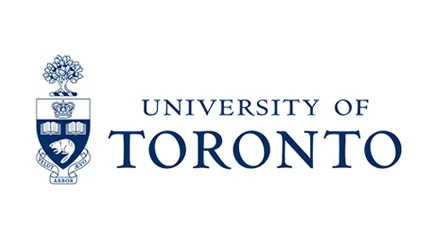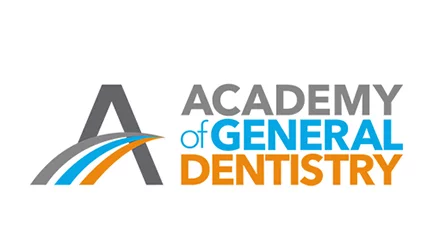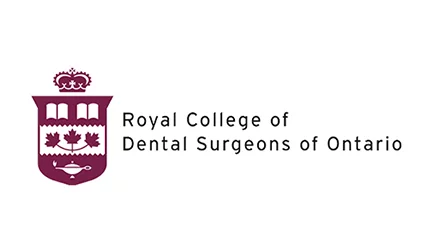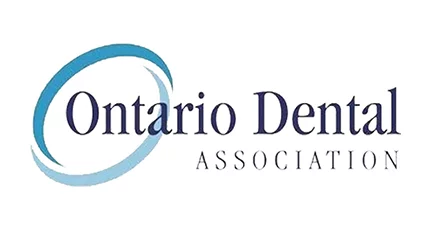HOW TO MAINTAIN BETTER ORAL HYGIENE?
Oral hygiene is a preventive care practice. It simply means maintaining oral health by keeping your mouth clean and free of diseases by brushing and flossing your teeth daily and visiting the dental hygienist if needed.
Oral hygiene is an everyday practice that helps you to prevent dental issues in the initial stages and keeps you away from severe oral consequences. You can get a perfect smile by maintaining oral hygiene and also having straightened smile.
On the other hand, poor oral hygiene leads to various oral health issues, including:
- Periodontal diseases
- Bad breath
- Tooth decay
- Oral cancer
- Bone loss
If the oral issues, resulted due to poor oral hygiene are left untreated for extended periods, they can lead to several overall health complications involving cardiovascular diseases, Alzheimer’s disease, and diabetes.
You can avoid all these health issues by following some simple steps in order to maintain your oral hygiene, including:
1. BRUSH AND FLOSS YOUR TEETH TWICE A DAY
One of the simplest ways to preserve your oral health is to brush and floss your teeth twice a day or after every meal. You should use fluoride-based toothpaste and a soft-bristled toothbrush.
While brushing your teeth, tilt your brush to a 45-degrees angle towards your gum. Also, make sure to brush your teeth in a gentle circular motion and brush all parts of your mouth and teeth, including molars, premolars, and tongue.
Moreover, use good-quality floss and floss your teeth in a rotational motion for at least 30 to 90 seconds. Be gentle on your gums, and make sure that you do not pull the floss too tightly.
2. TRY TO USE AN ANTIBACTERIAL MOUTHWASH
The anti-bacterial mouthwash reduces the amount of acid in your mouth, remineralizes teeth, and cleans hard-to-brush areas. Mouthwash can keep harmful bacteria away from your mouth and also prevents plaque build-up.
3. MINIMISE THE CONSUMPTION OF TOBACCO AND ALCOHOL
Tobacco is one of the main reasons for severe oral issues such as oral cancer. Alcohol consumption also leads to several gum diseases and dental decay.
Moreover, alcohol lowers saliva production in our mouth, which results in dehydration and also contributes to plaque build-up. So in order to maintain your oral health, it is necessary to minimise or limit the consumption of both these items.
4. LIMIT THE INTAKE OF SUGARY AND ACIDIC FOOD ITEMS
The starchy or sugary food items ultimately convert to acid in our mouth and erode or wear down the enamel of our teeth, which affects their functionality. So be mindful while consuming these items in order to protect your oral health.
Also, reduce the intake of drinks like colas, tea, and coffee as they can potentially become a reason for dental caries and dry mouth. These drinks severely affect our gums as well.
5. DRINK PLENTY OF WATER
Water significantly washes away left-over food particles and residues that become a reason for cavities and plaque build-up. That’s why water is considered to be an excellent mouth cleaner.
Moreover, drinking plenty of water can prove to be very helpful for your gums because dehydrated gums usually swell and recede away from teeth. Moreover, they also become a reason for severe oral complications such as gingivitis.
6. VISIT YOUR DENTIST AFTER REGULAR INTERVALS
Visiting your dentist at least twice a year holds great significance as your dentist can check and diagnose various oral health problems in their early stages before they show any symptoms.
In this way, you can get immediate treatment for your oral issues and can prevent severe oral diseases like tooth decay, periodontal diseases, or oral cancer. Moreover, your dentist or dental hygienist can also provide in-depth oral cleaning of the hard-to-brush areas to prevent issues like plaque build-up.
7. EAT CALCIUM AND VITAMIN-RICH FOODS
Although calcium and minerals are present within our teeth naturally, they can still be stripped by bacteria and acid over time. That’s why you should consume calcium and vitamin-rich foods to supplement the nutrient deficiencies. The most common calcium-rich foods are dairy products, almonds, soybeans, etc.
FAQs:
WHAT ARE THE COMMON SYMPTOMS OF POOR ORAL HEALTH?
Various symptoms indicate that you might have poor oral health, including bad breath, bleeding gums, tooth decay, tooth erosion, a dehydrated mouth, and various gum diseases. As we know, prevention is better than cure, so to prevent all these issues, we should maintain good oral hygiene.
HOW IS ORAL HEALTH RELATED TO OVERALL HEALTH?
There is a synergic relationship between oral and overall health as various overall health issues arise due to poor oral hygiene. Patients with oral issues generally have a weaker immune system and are more susceptible to infections.
Moreover, our mouth is the entry point to our organ systems, and poor oral hygiene can lead harmful bacteria to our respiratory or digestive tracts, resulting in health problems like cardiovascular diseases, respiratory infections, fertility issues, dementia, cancer, etc.











